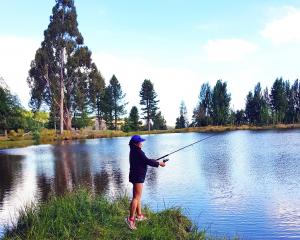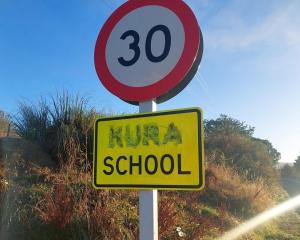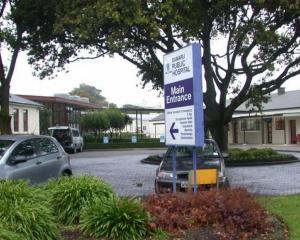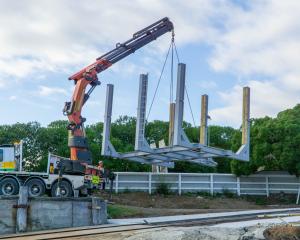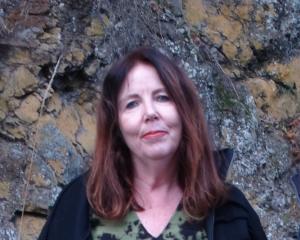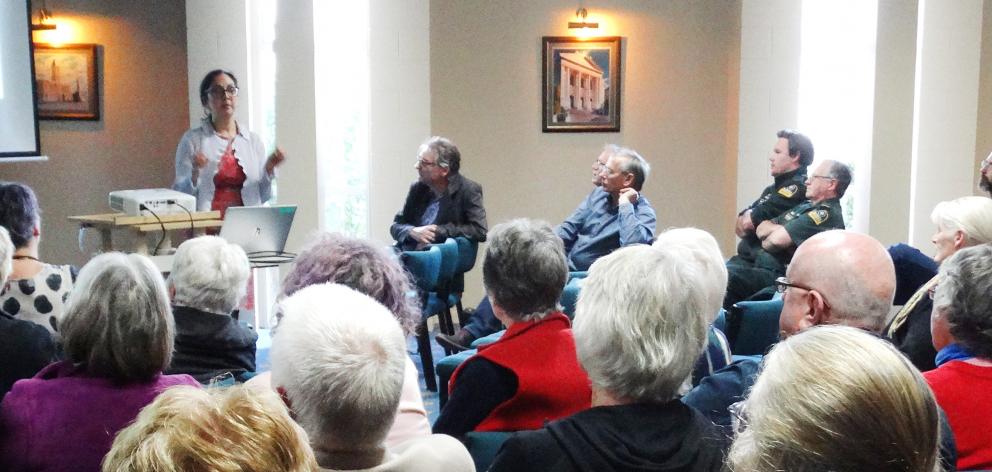
The forum was hosted at the Brydone Hotel by Waitaki District Health Services, the Waitaki District Council-controlled company that owns and operates the hospital. It aimed to give an overview of how those involved with the process worked together and what was expected of them.
Speakers included Southern District Health Board and Oamaru Hospital staff, Otago Rescue Helicopter Trust representatives, and others.
Over the past 90 days, there have been 19 transfers from the hospital, to either Dunedin or Christchurch, the most recent being yesterday.
All patients were either transported for care in intensive care units, or required primary medical care.
On average, the flight time between Oamaru and Dunedin was 25 minutes and once a patient had landed they were able to be transferred to intensive care or other wards ''within two or three minutes'', Otago Rescue Helicopter Trust chief pilot Graeme Gale said.
SDHB chief medical officer Nigel Millar said as Oamaru was a rural hospital, it was essential that that the facility was able to prepare patients for transfer appropriately, with a high degree of care.
That meant staff were required who, ideally, had backgrounds in rural medicine, which often involved treating patients with a more varied degree of need.
''Rural hospitals need a group of clinicians, nurses and doctors, that can cover a bigger range of things and then ... to get the [helicopter] crew in.''
He said combined with communication and a sound working relationship between those involved in the patient transfer system at all levels, people in Waitaki could essentially access a level of care similar to larger centres.
''That's a big movement across New Zealand, because it gives stability to smaller hospitals ... we can make sure the people of Oamaru have access to the same thing people in cities do.''





